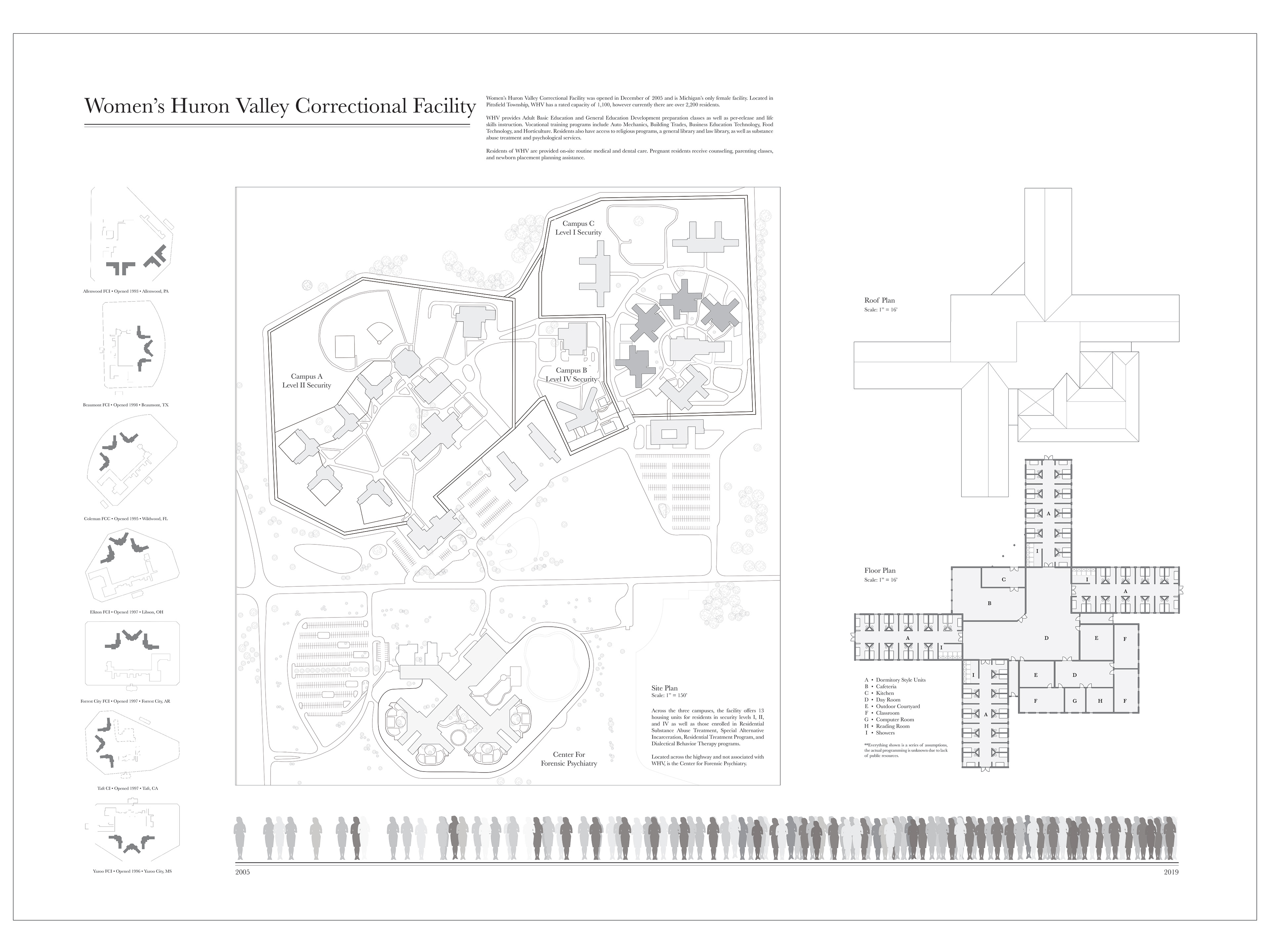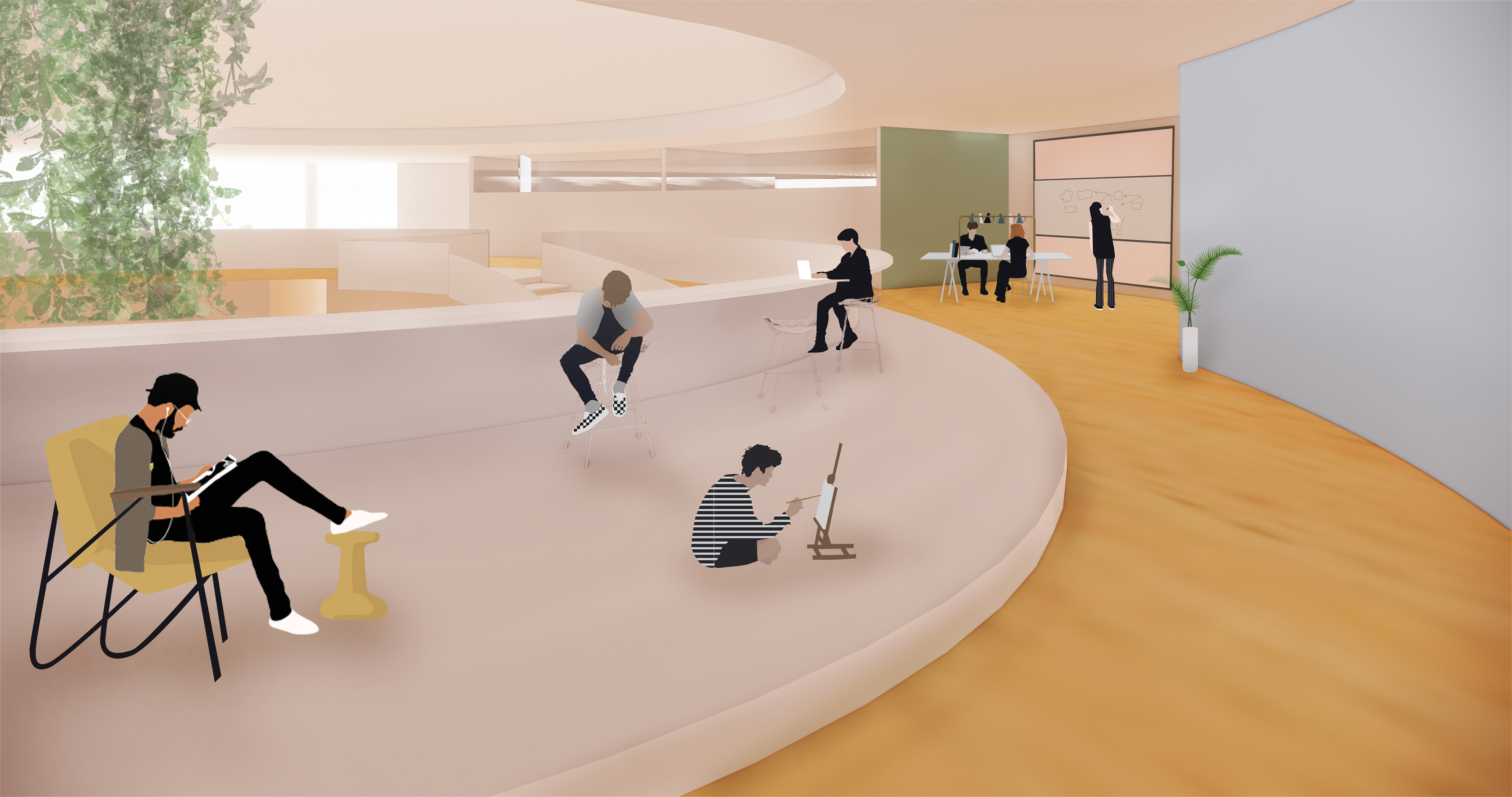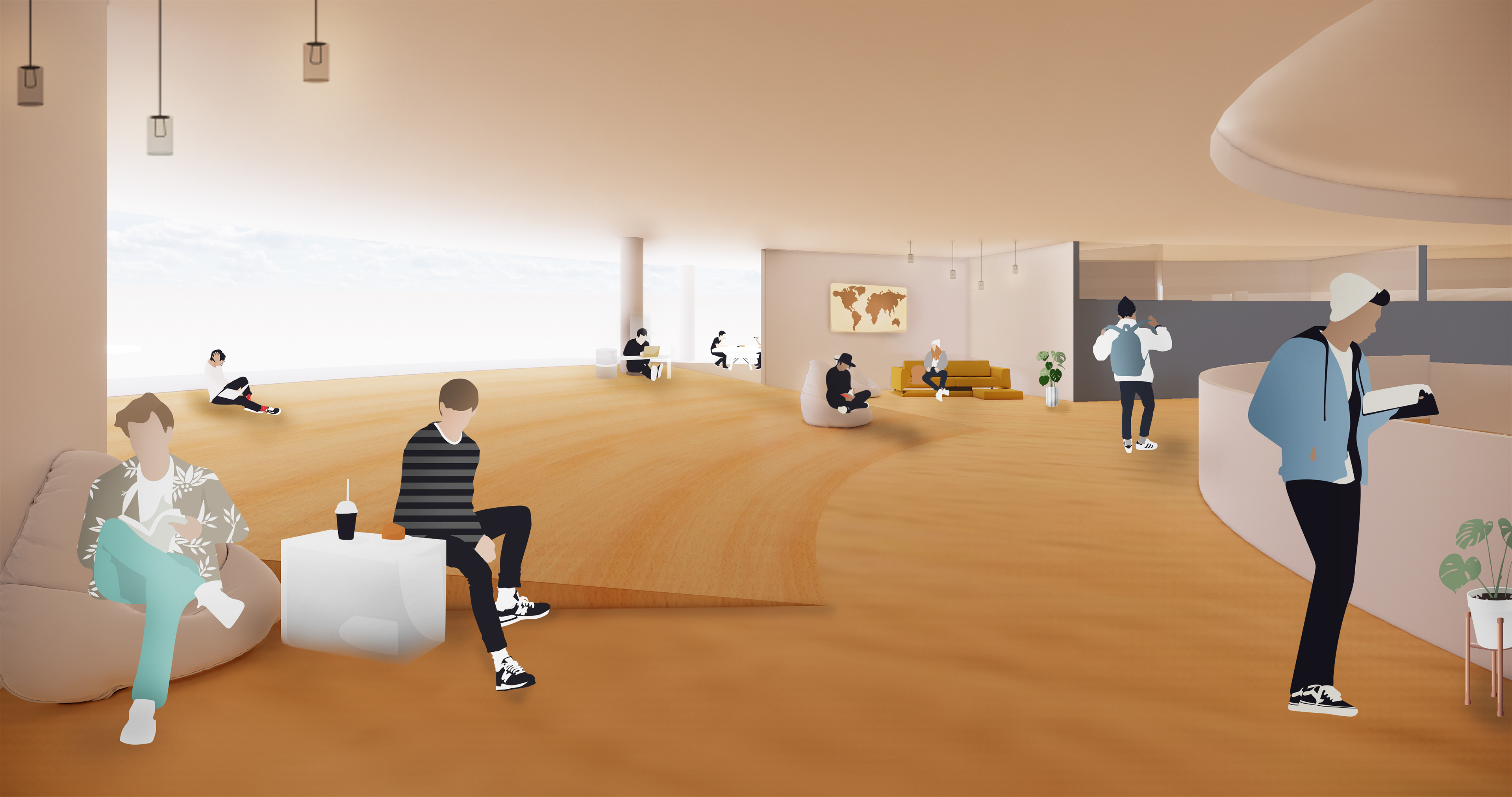UNITED STATES FEDERAL PRISONS // IN ORDER FROM OLDEST TO NEWEST
CASE STUDY
Women’s Huron Valley Correctional Facility was opened in December of 2005 and is Michigan’s only female facility. Located in Pittsfield Township, WHV has a rated capacity of 1,100, however currently there are over 2,200 residents.
WHV provides Adult Basic Education and General Education Development preparation classes as well as per-release and life skills instruction. Vocational training programs include Auto Mechanics, Building Trades, Business Education Technology, Food Technology, and Horticulture. Residents also have access to religious programs, a general library and law library, as well as substance abuse treatment and psychological services. Residents of WHV are provided on-site routine medical and dental care. Pregnant residents receive counseling, parenting classes, and newborn placement planning assistance.


INTERVIEWS
Throughout the semester, our studio was given the opportunity to meet formerly incarcerated persons who are involved in a program sponsored by the University of Michigan, Prisoners Creative Arts Program (PCAP), as well as tour and speak with currently incarcerated persons. Through these conversations, I created a list of various characteristics that need to be addressed within prison design, some architectural others programmatic. Together, these 8 points can work establish a human quality of life and path for rehabilitation during the time an individual serves.
PEDEGOGY
Following the extensive research into the current state of the prison system, I created a pedagogy by which my facility would be structured:
Queensboro’s Genesis seeks to create a safe environment that promotes relationship building between individual and self, and individual and others through an emphasis on education in a systematically open facility. Genesis facilitates a successful transition of incarcerated individuals back into society through academic and ethical practices. By establishing respect, safety, and trust upon entry to the facility, residents will transition through three pillars aimed at providing the experiences and skills necessary to live a successful life upon graduating to civilian life.
Each resident will persue an educational track during their stay that will establish a network of skills and personal connections to encourage individual success post-incarceration. Educations range from a GED to a Masters degree with opportunities to facilitate learning upon program completion. Genesis will provide a precedent for the successful rehabilitation and integration of incarcerated persons ending recidivism entirely.

